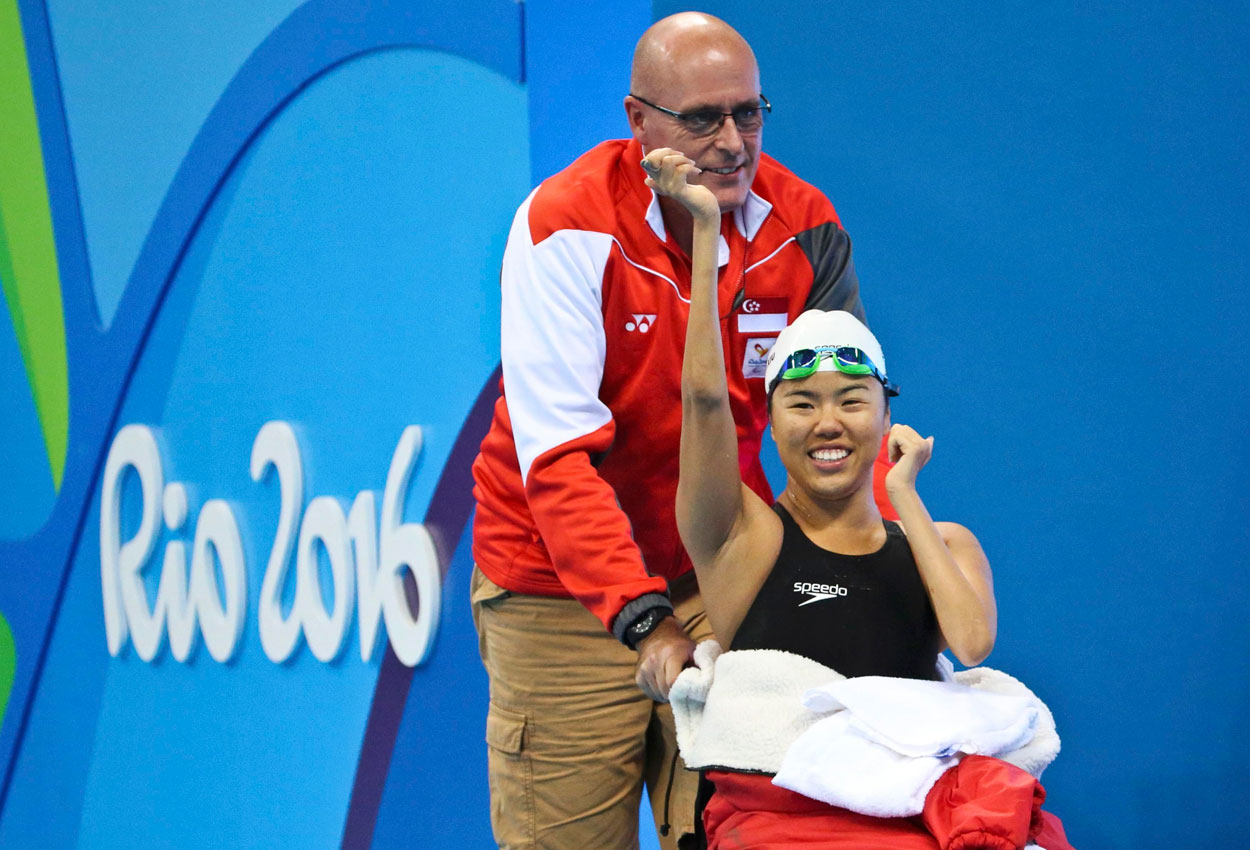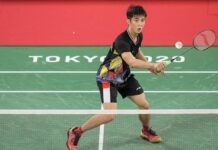A first Olympic gold has inspired Singapore to believe in the seemingly impossible for the future, but also got authorities thinking harder about what needs to be done to ensure success is sustained.
While a thorough post-major Games review of policies is routine, a historic outing at the Olympic and Paralympic Games means that there is a greater urgency to understand where gaps still lie.
Minister for Culture, Community and Youth Grace Fu said yesterday: “This is the kind of discussion we have year after year, asking ourselves, ‘Are we doing right, is the fund allocation correct?’ And the ministry will continue to do so.”
She was speaking to members of the media at the Singapore Sports Hub about the national high performance sports system, following a Rio Games where the Republic won its first Olympic gold, as well as two golds and a bronze at the Paralympics.
She added: “We will not ever say, ‘Yes, this is right.’ It will (be reviewed) every year, even as we lay down the big anchors, big pieces (of the puzzles), and every year there will be some adjustment and fine-tuning going on.
“All these medals and records inform us about the system out there and there will definitely be a lot of thinking and soul-searching over the next few months.”
In his opening address yesterday, Sport Singapore chief executive officer Lim Teck Yin recognised that unprecedented results have led to the public appealing for more to be done for athletes.
Among them were calls for greater Government funding for athletes, especially after it came to light that Olympic champion Joseph Schooling’s parents forked out more than $1 million of their own on his road to the top of the podium.
To that, Lim said that high performance support for elite athletes is a framework that constantly adapts and it is precisely its evolution that has helped build on Singapore’s progress on the world sporting stage today.
The Sports Excellence Scholarship, of which Schooling is a recipient, is the result of constant “sharpening” of the support system.
“If you look closely at that journey, you’ll see that a lot has been done, a lot is being done and a lot more will be done,” said Lim.
“(There is a) need to continuously enhance, check the effectiveness of what we’re doing and the return on investment of what we’re getting from what we invest, to conduct a more thorough review post-Rio when we look forward to Tokyo 2020 and for the next round of scholarships.”
Progress could provide a clearer picture of what works and what needs tweaking, but the system officials and athletes work with will always be one that does not have unlimited resources.
Support must therefore be given in a sustainable manner, said Minister Fu.
“We have to see how best we can apply those resources in the most effective way in the journey of these aspiring athletes,” she said.
Lim added: “We need to get creative, understand where the real value add is and apply the dollar there.”
He acknowledged that constant review and fine-tuning will mean there will be “hard decisions to be made”, but rejected the notion that non-Olympic sports should then go on the back burner.
“We constantly have to manage between a narrow focus and a broader base… the hard decisions we have to make in telling someone you’re not necessarily high priority but you have some level of support – even that requires resources.
“Now (the question is) how do we develop that systemic support that enables us to sustain (success), but also the participation of all segments of Singapore?”

This article was first published on October 01, 2016.
Get a copy of The Straits Times or go to straitstimes.com for more stories.























































